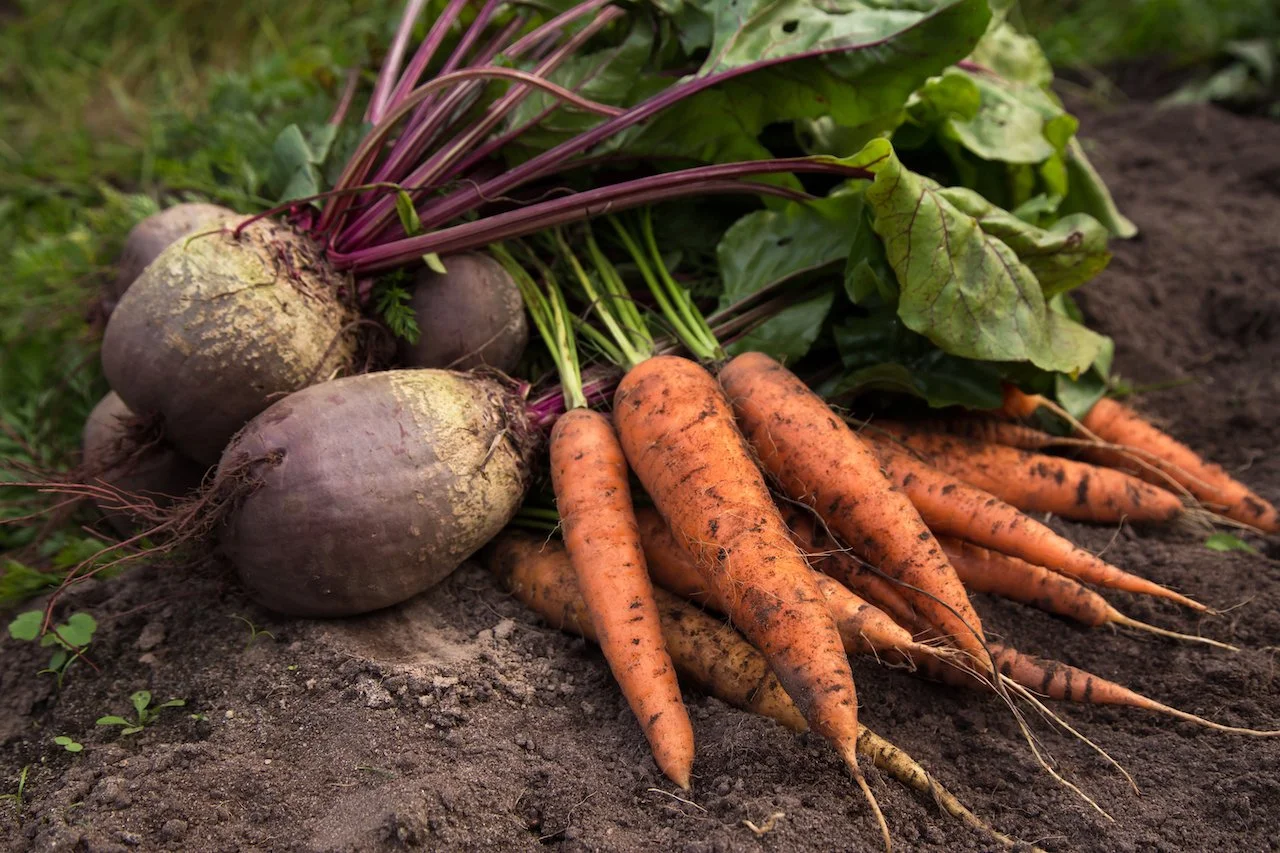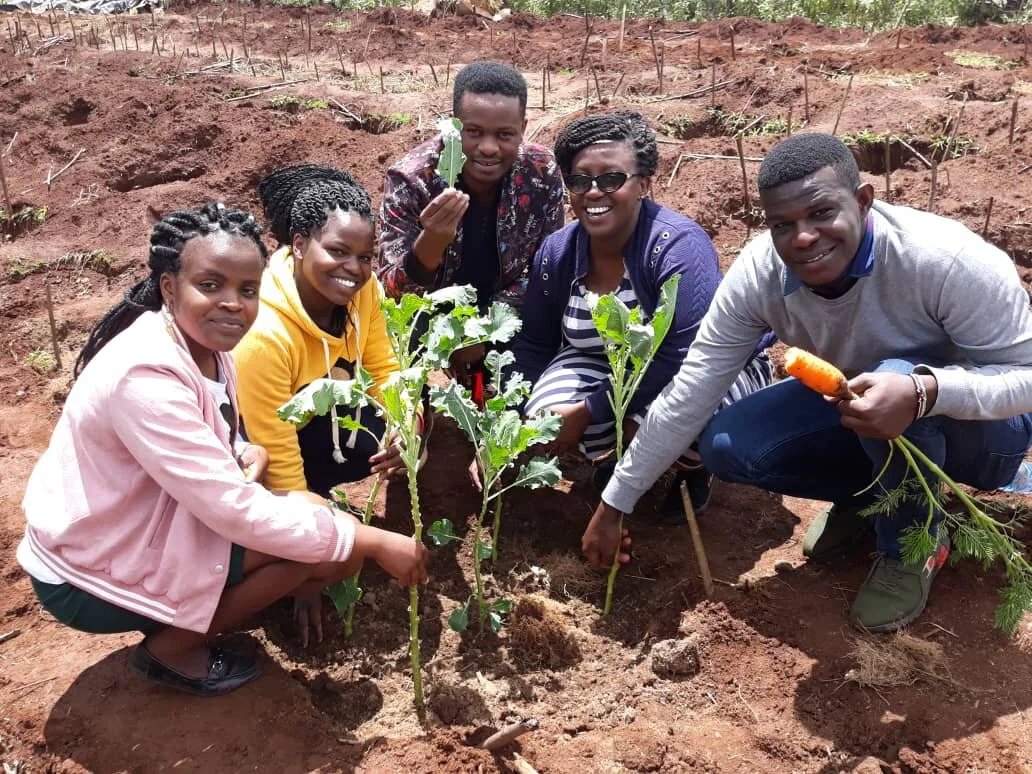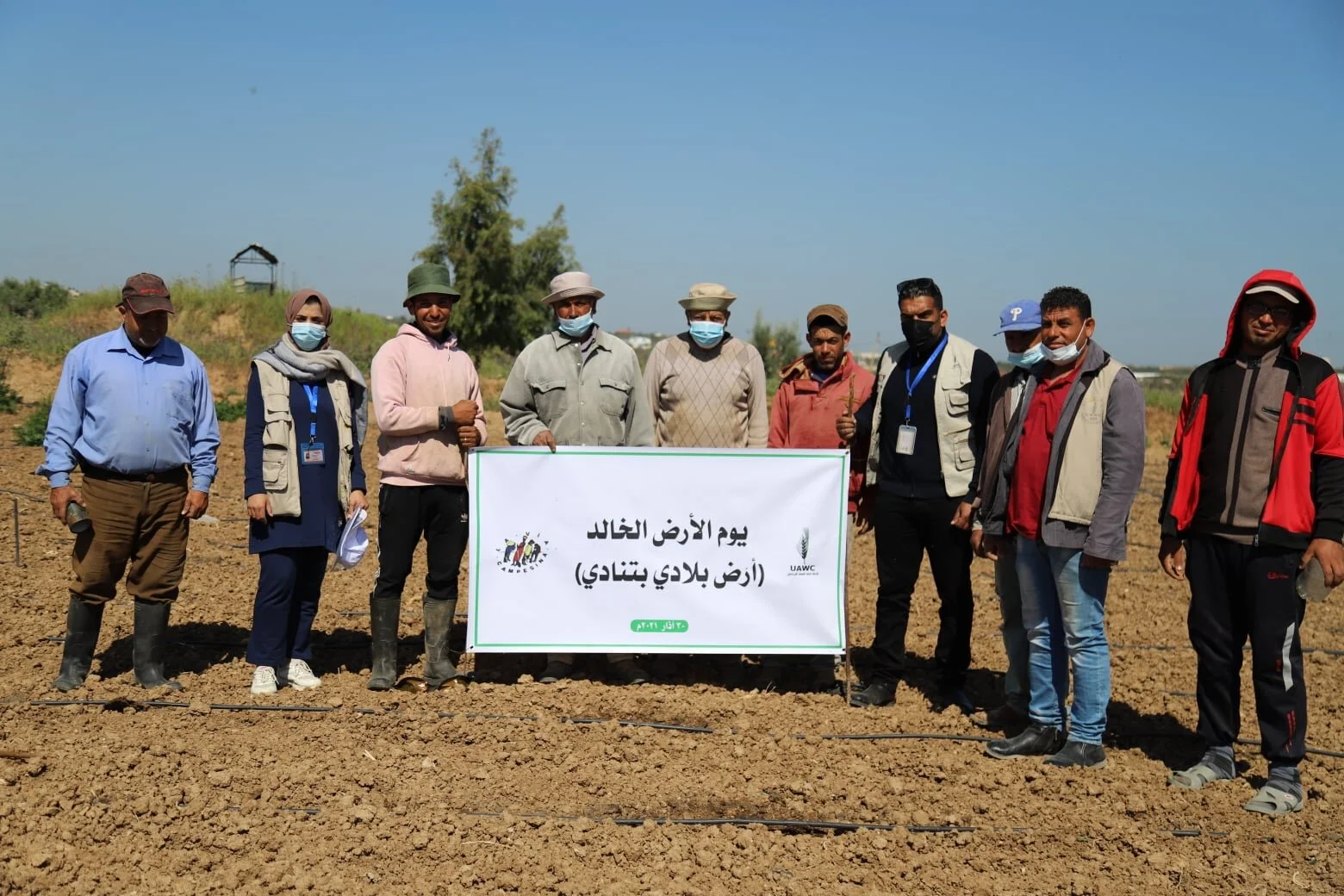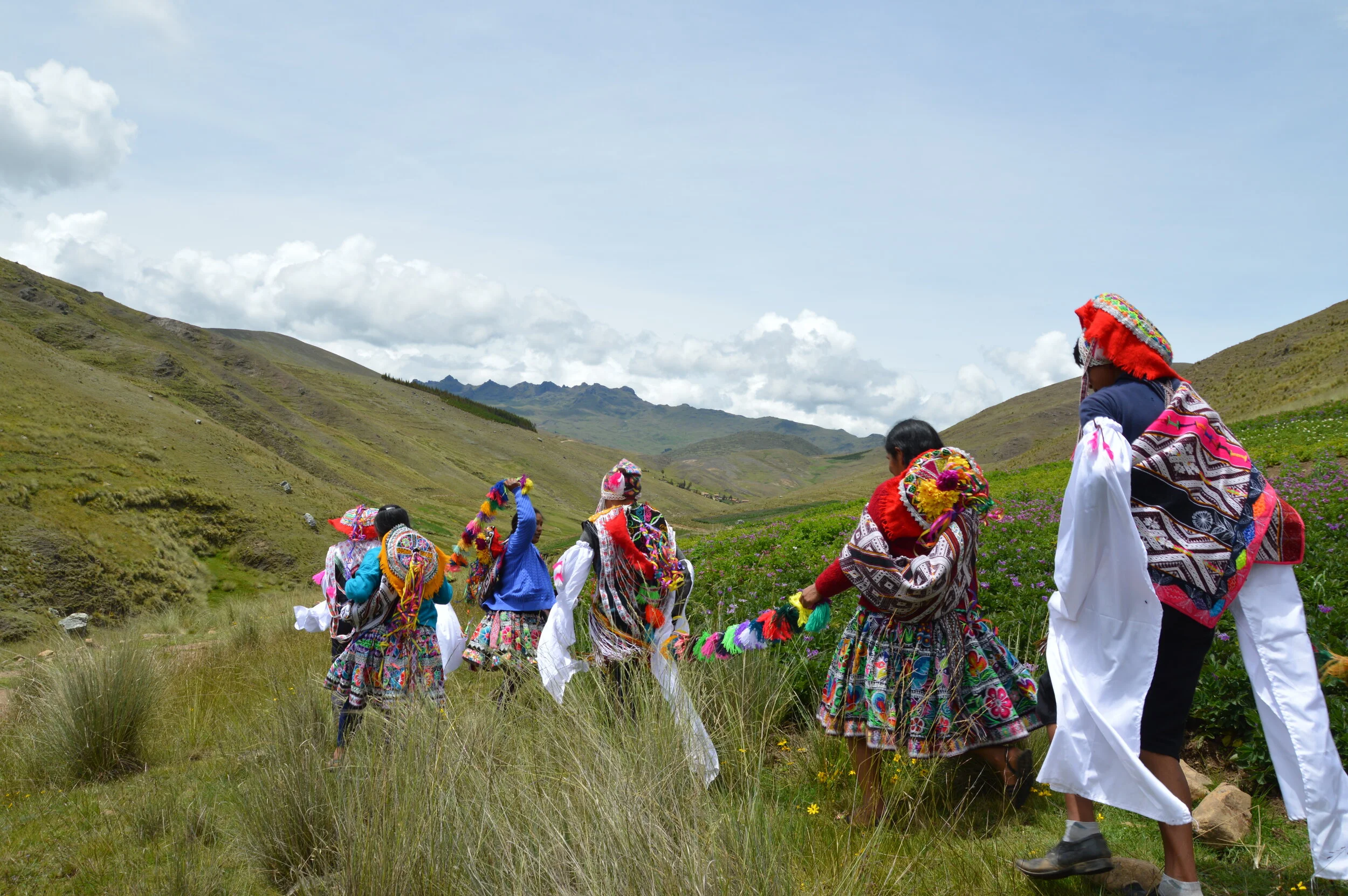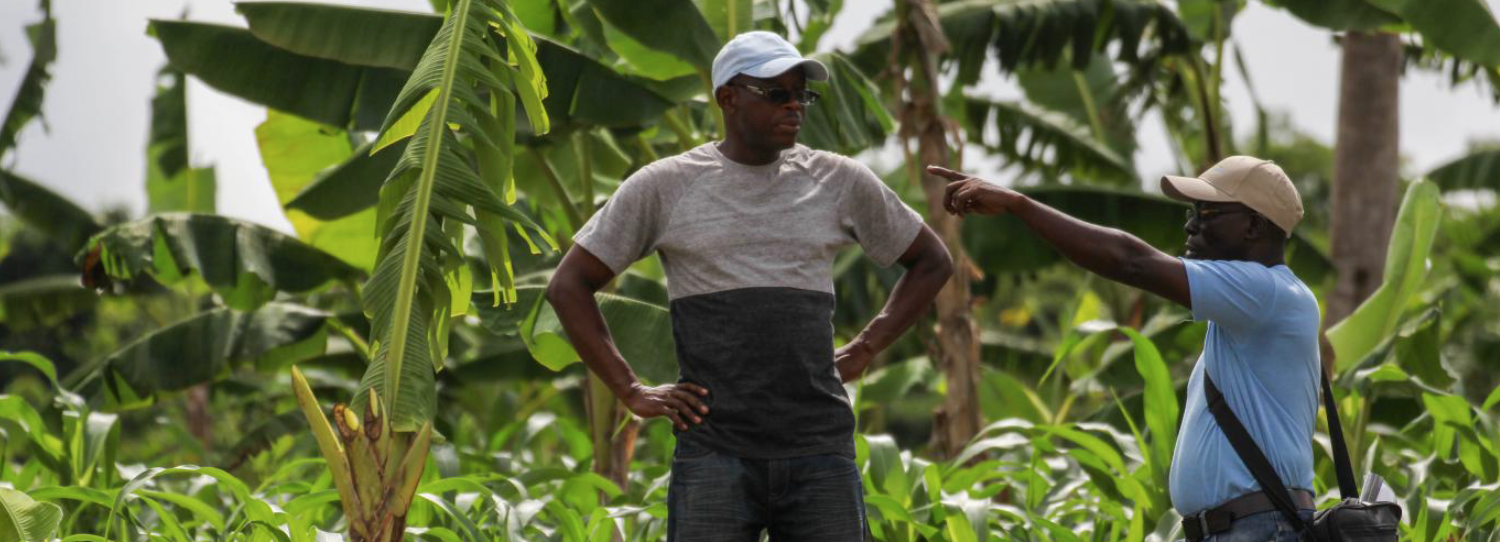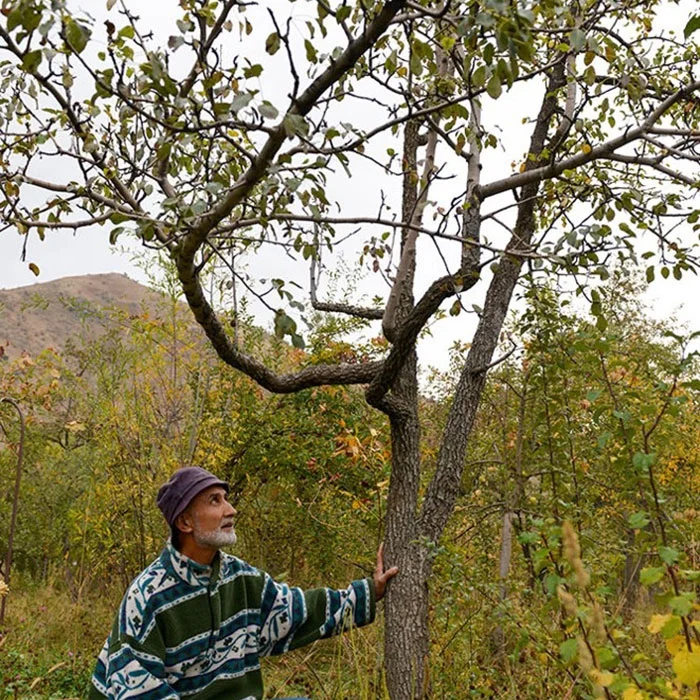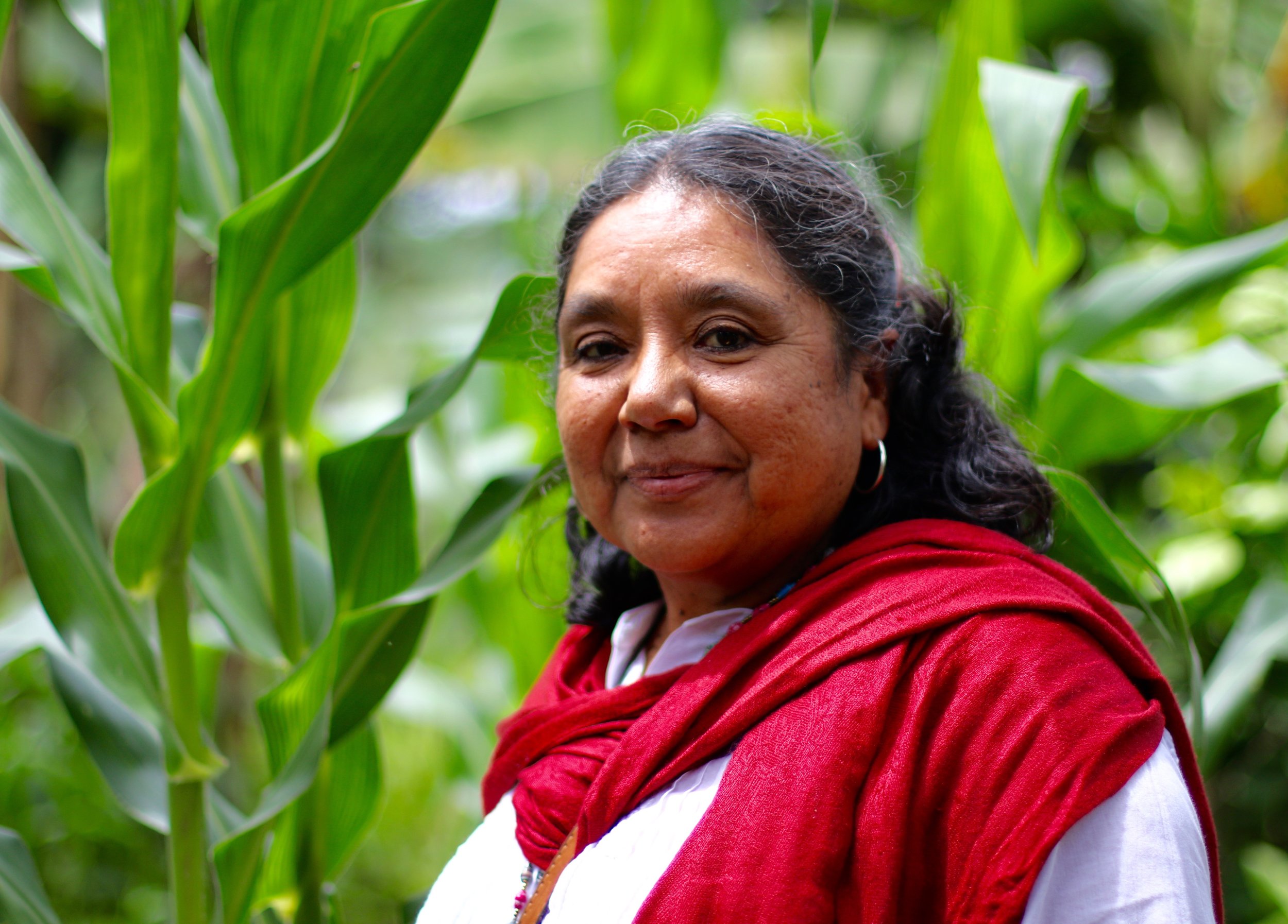Deepening agroecological practices and finding new ways of funding could both be vital to the planet’s future.
Read MoreIn the midst of Covid-19, fishing communities around the world have demonstrated solidarity and strengthened the resilience of coastal communities.
Read MoreA photo essay
Read MoreThe Union of Agricultural Work Committees on the Hunger for Justice Series
Read MoreBy strengthening Indigenous seed systems, Indigenous communities are protecting their food sovereignty and culture
Read MoreWith support from the WK Kellogg Foundation, AEF launches a regional fund in Mexico
Read MoreExcerpts from a webinar on biocultural preservation at Peru’s Potato Park
Read MoreA memo from Indira Raimberdieva, Director of the Peace Building Center, Kyrgyzstan
Read MoreMost sources suggest that present-day Kazakhstan ─ several hundred kilometers north of the Rasht Valley in Tajikistan ─ is the true center of origin of apples, or at least of Malus sieversii, the red apple.
Read MoreIn the climate change arena there are two main streams of work – mitigation, which are measures we need to take to stop emissions and halt climate change, and adaptation – the varied practices we are taking and can take to adapt to living with the new conditions that climate change brings.
Read More
The bounty and diversity of Papua New Guinea can easily make one’s jaw drop. Home to a staggering array of endemic species and over 800 indigenous tribes, Papua New Guinea is also the world’s most linguistically diverse nation.
Read MoreJohn P. Wilson tells us about an exchange between farmers from Zimbabwe and Malawi.
What I concluded from this trip to northern Malawi is that we must try and strengthen the link between the academic world and CSOs on Agroecology and Food Sovereignty. But we must also be strategic about this in some way. It’s not going to be possible to have the level of documentation that SFHC has achieved everywhere. I don’t think that’s realistic. How can we ensure that at least some of our work is documented to the kind of level that SFHC has achieved?
Read MoreAs soon as 2012, Correa publicly stated the GM prohibition was a ‘grave mistake’ pushed through by ‘leftist activists’. Ever since, he has been advocating for Ecuador to develop a national GM research center, arguing that Ecuador having its ‘own’ GMOs would entail an exemplary form of food sovereignty. Until recently, this seemed unlikely. But a newly adopted seeds law opened the door for Correa’s plan, however unconstitutional, four days before he left office.
Read MoreWhen we received the invitation to participate in the learning exchange in Uganda, it seemed impossible to travel to such a distant land that is Africa. We were requested to bring a farmer, preferably a woman, to join this gathering, but it was difficult to convince them to travel.
Read MoreIt was inspiring to participate in the learning exchange hosted by the Agroecology Fund and Alliance for Food Sovereignty in Africa. I appreciated the perspective endorsed by the participants that amplifying agroecology requires context-specific support to enable small scale farmers...
Read MoreLast month, the AgroEcology Fund in partnership with the Alliance for Food Sovereignty in Africa, hosted a convening with over 70 delegates from 20 countries in Masaka, Uganda. Farmers, social movements, funders, scientists and policy advocates dialogued on amplifying agroecological solutions in the context of a changing climate, land grabs and corporate control of seeds.
Read More
